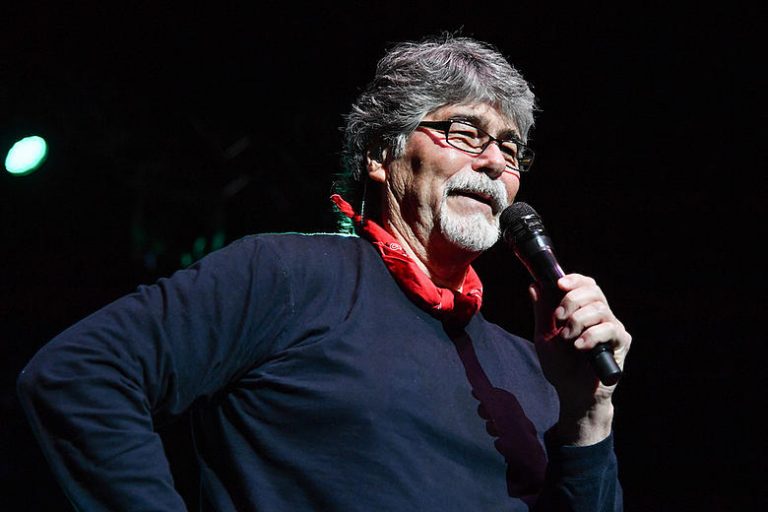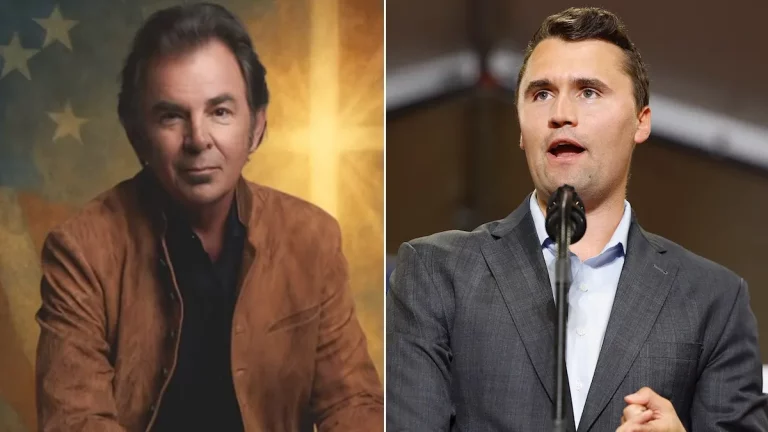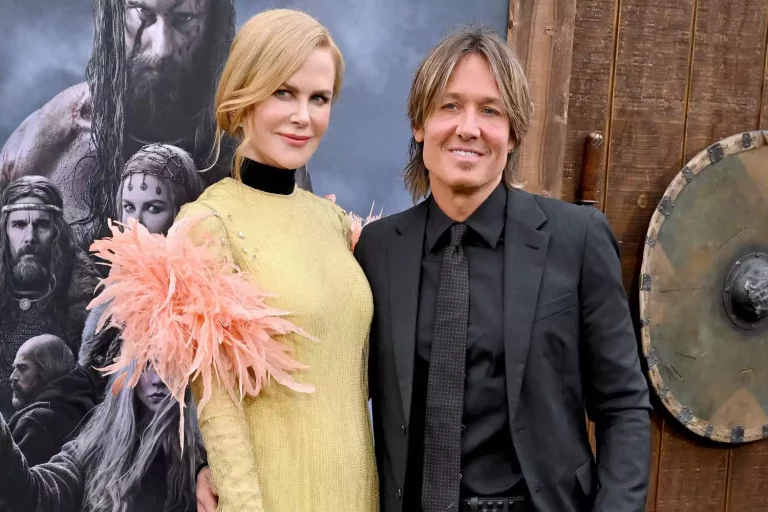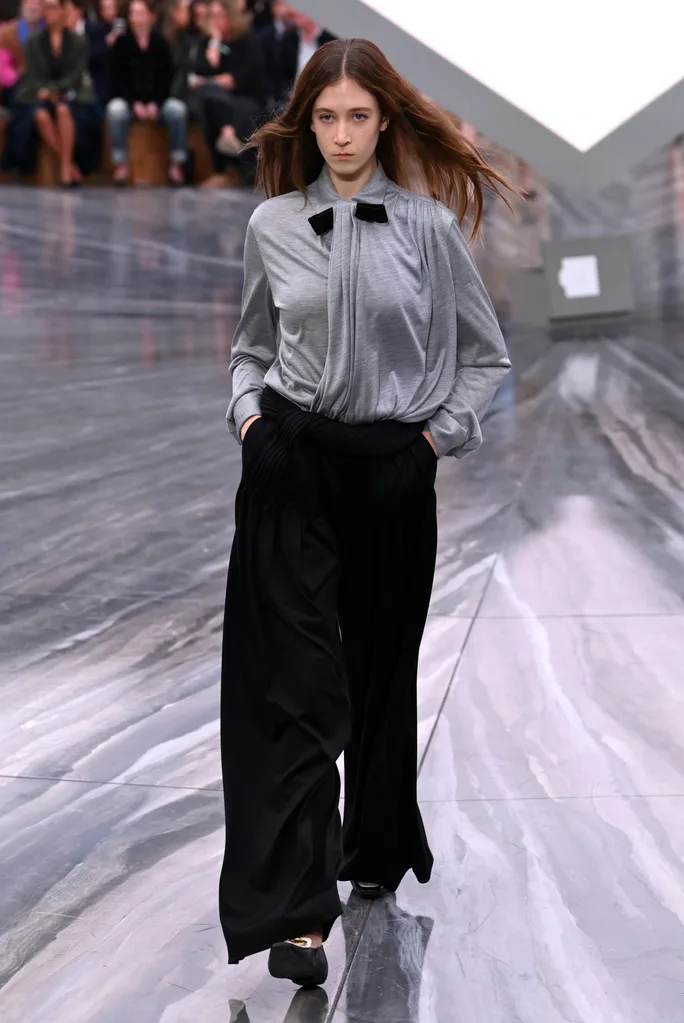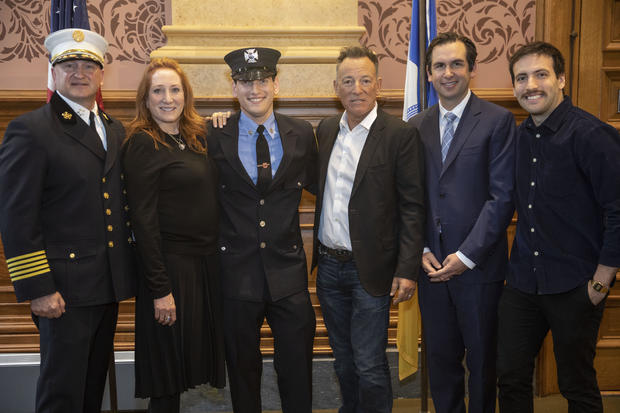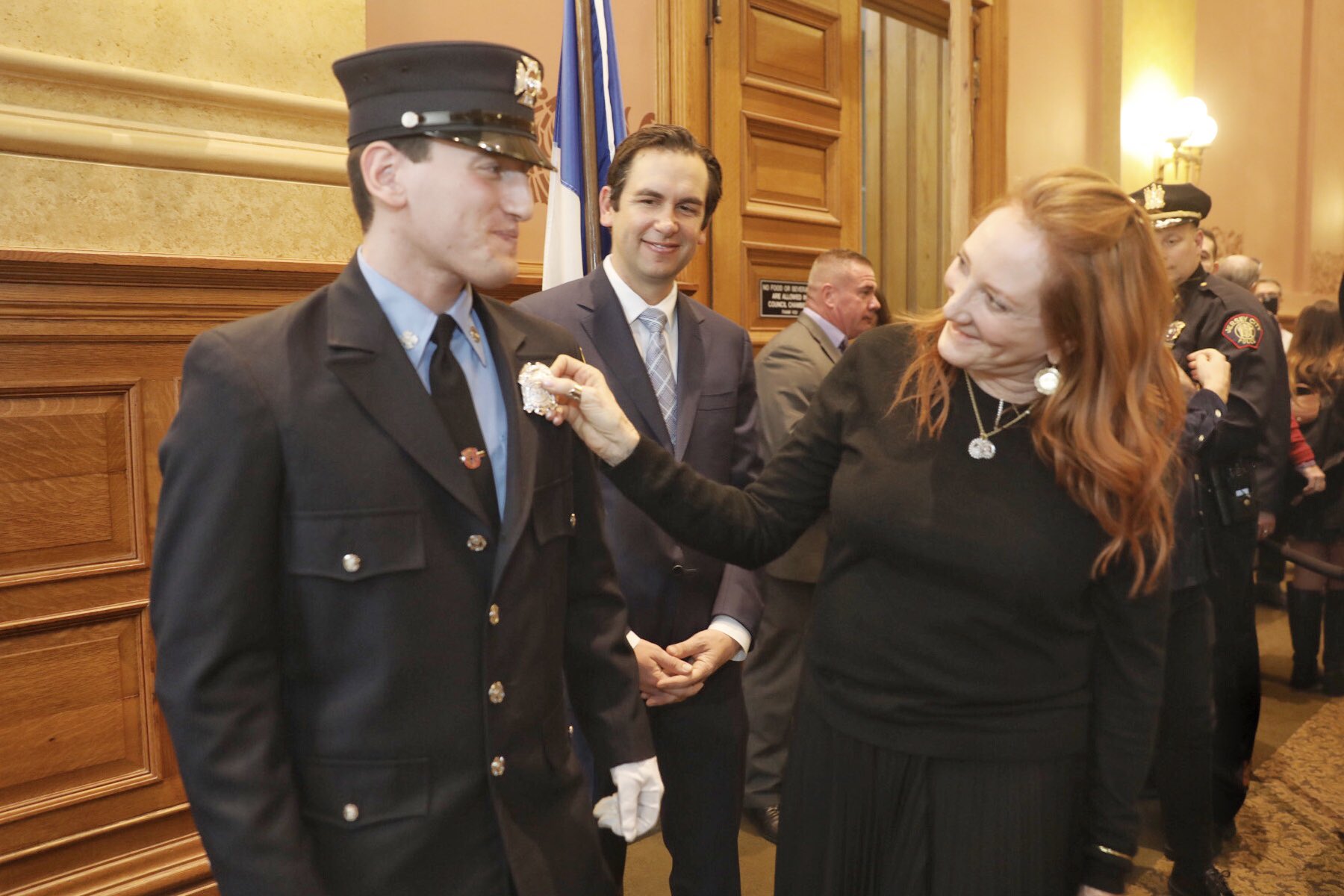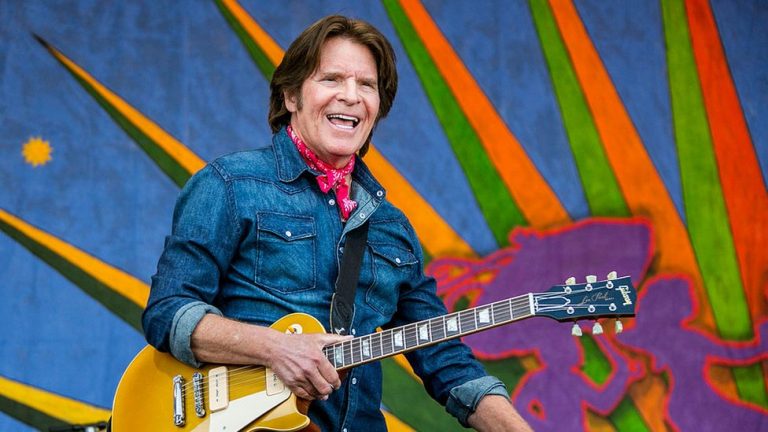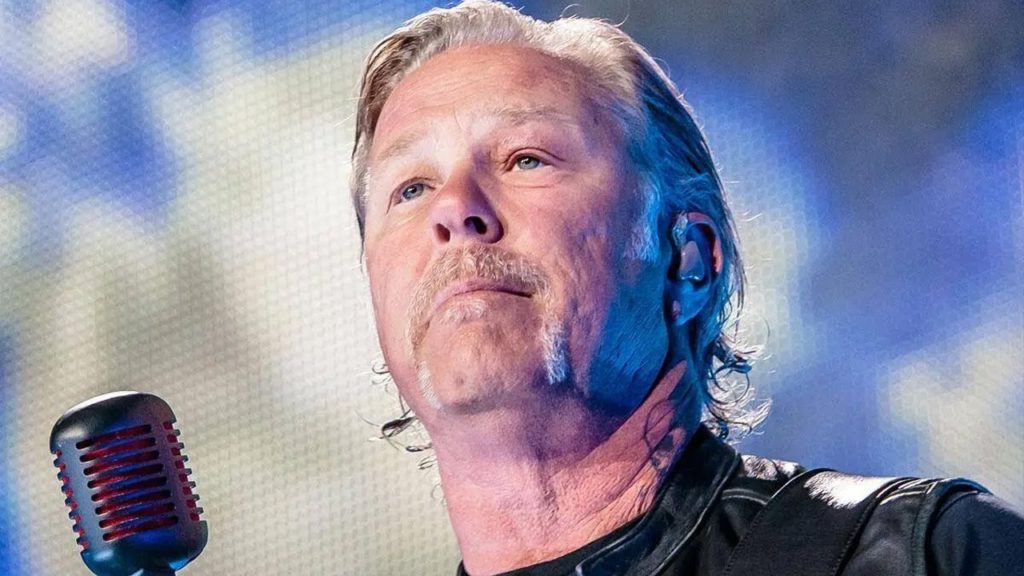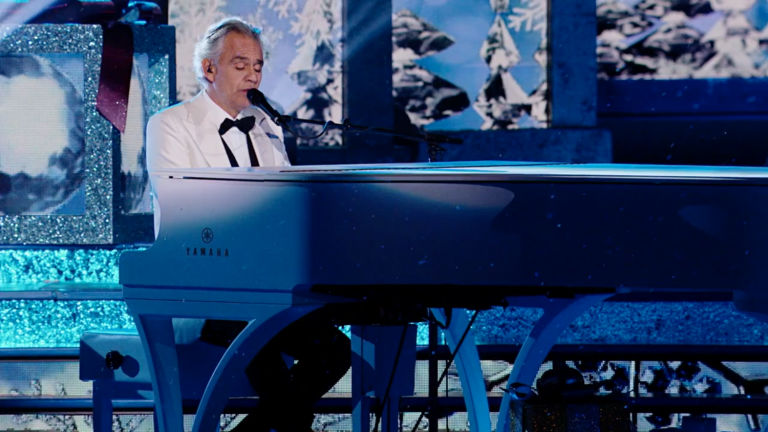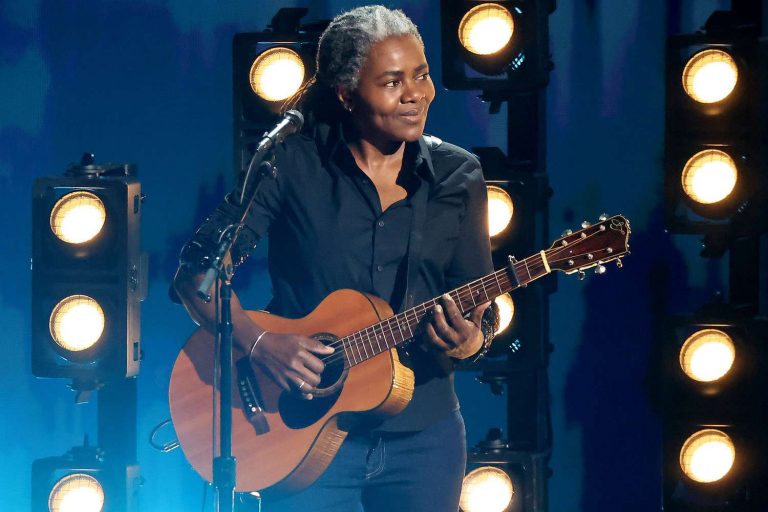There are songs that never fade with time — and then there are performances that breathe new life into them. One such moment comes from Wuauquikuna, the Ecuadorian brother duo known for transforming world-famous melodies into rich, Andean soundscapes. Their panflute rendition of “The Sound of Silence” captures not only the haunting beauty of the Simon & Garfunkel original but also the ancient spirit of the Andes.
In Wuauquikuna’s version, words are replaced by breath, and emotion flows through the pipes of the panflute and quenacho. The first soft notes invite listeners into a world where time seems to slow down. Every tone carries the feeling of wind brushing over mountain peaks — gentle, natural, and deeply spiritual.
Unlike the original’s lyrical reflection on isolation and connection, Wuauquikuna’s cover expresses those emotions through sound alone. The flutes sing where voices are silent, and the toyos — traditional Andean percussion instruments — give a subtle heartbeat beneath the melody. Together, these instruments form a peaceful yet powerful conversation between cultures and generations.
One of the most striking things about this performance is its simplicity. There are no dramatic visuals, no overwhelming arrangements — just pure, organic sound. Luis and Fabian Salazar, the brothers behind Wuauquikuna, let the music breathe naturally. Their focus is not to impress but to connect — to remind us that silence, too, can speak.
The song slowly builds in emotion, as the deeper quenacho tones meet the lighter panflute lines, echoing like a dialogue between earth and sky. The melody becomes both familiar and new, carrying an echo of Simon & Garfunkel’s poetry through a different voice — one made of wood, wind, and heart.
It’s no surprise that Wuauquikuna’s rendition has reached millions of listeners online. Their performance proves that music transcends language and geography. Whether you’re from South America, Europe, or anywhere else in the world, the haunting sound of the panflute strikes something universal — a reminder of humanity’s shared longing for peace and meaning.
Wuauquikuna has built a reputation for blending traditional Andean music with modern classics, and this piece is a perfect example of their artistry. By merging ancient instruments with one of the most iconic songs of the 20th century, they’ve created something that feels timeless and alive.



